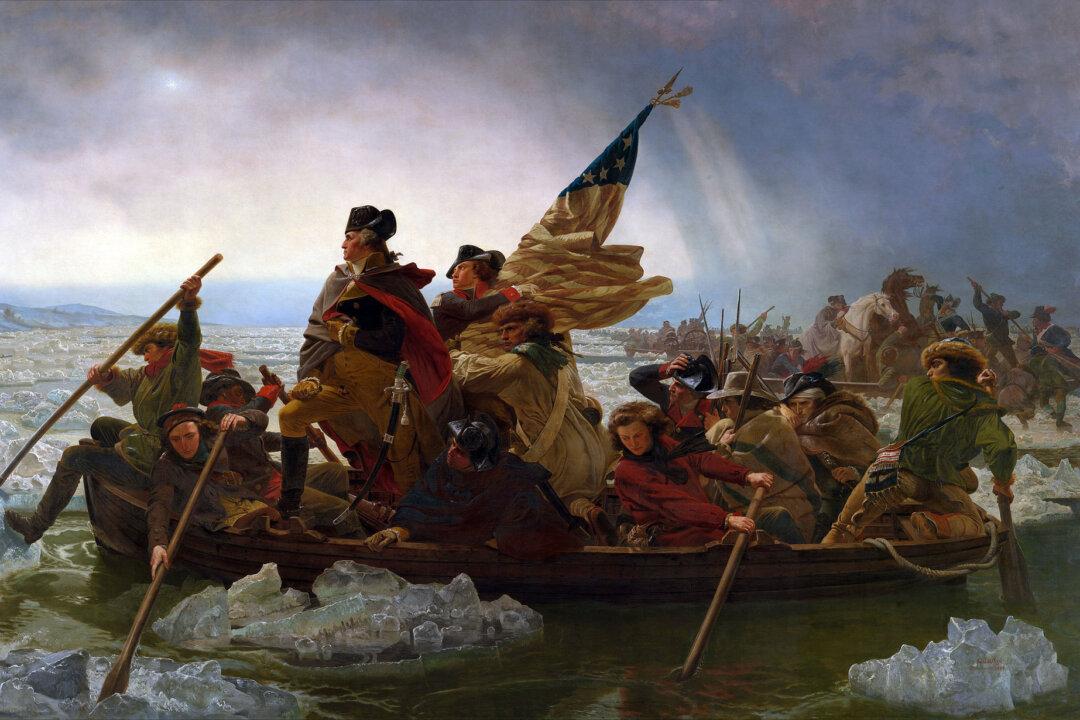Henry Lee (1756–1818) was a hero of the Revolutionary War. Known as “Light Horse Harry” for his skills as a rider and a leader of cavalry, he fought and won many battles against the British. After the war, he served three one-year terms as governor of Virginia, was elected to the U.S. House of Representatives, and was a close friend of George Washington.
For all these reasons, following Washington’s death on December 14, 1799, Congress unanimously chose Lee to write the deceased president’s eulogy, to put down on paper and for posterity “those sentiments of respect for the character, of the gratitude for the service, and of grief for the death of that illustrious personage.”






